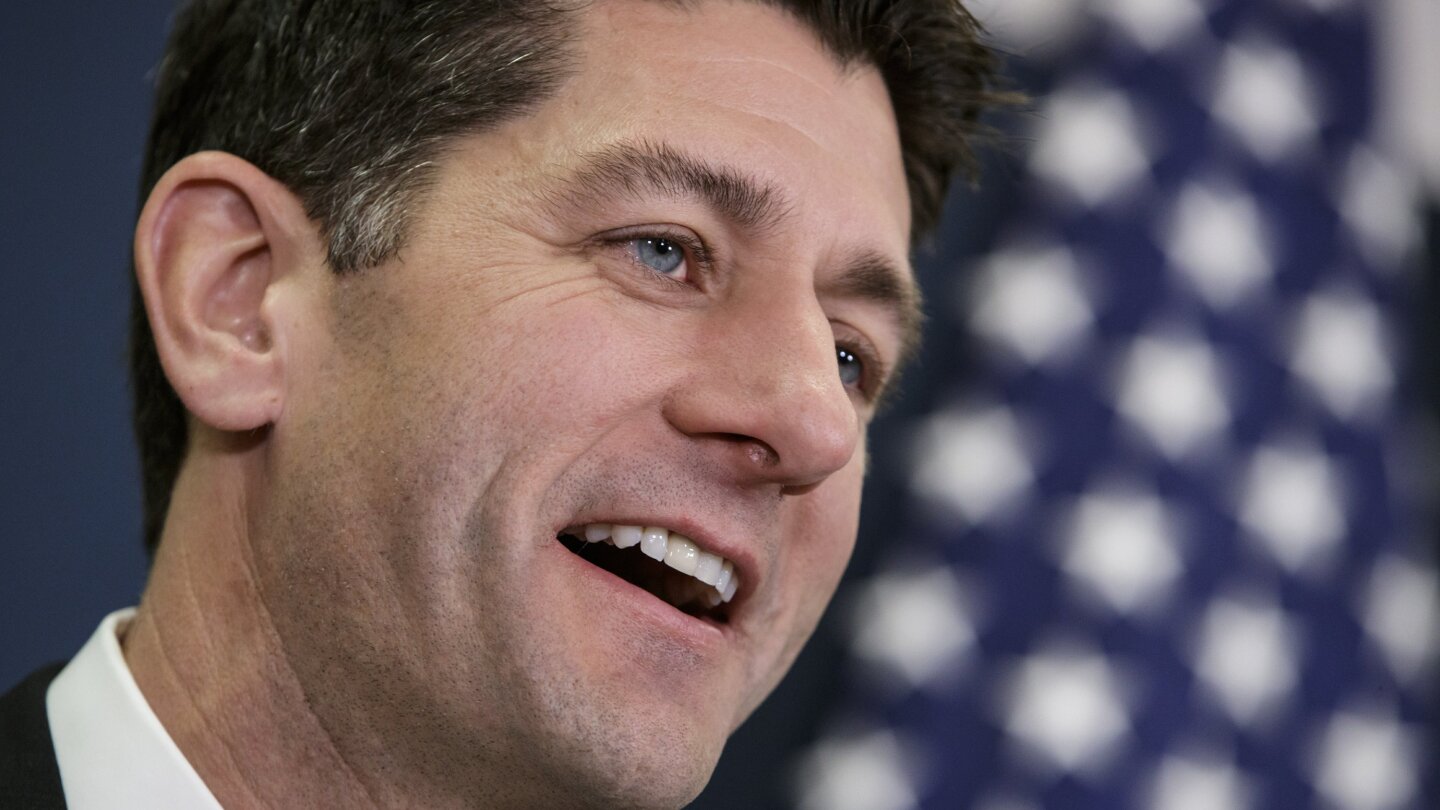Cooper: One in six Biden voters would have changed their minds if they had known the full story
November 26th, 2020 | by Clint Cooper

The Associated Press / President-elect Joe Biden introduces his nominees and appointees to key national security and foreign policy posts at The Queen theater earlier this week in Wilmington, Delaware.
Failed 2016 Democratic presidential candidate Hillary Clinton spent the three years after her defeat providing anyone who would give her an audience some two dozen different excuses why she did not win. As such, she has wound up, as one pundit said recently, caricatured and largely irrelevant.
President Donald Trump, if he continues after he leaves office his mantra about the election being stolen, could find himself in the same boat as the woman he berated for doing the same thing after her loss.
But Clinton had something the president never did — the full-throated, pull-out-all-the-stops support of the national media.
What if the Republican Trump had had even a neutral media, one that gave him credit where credit was due and investigated Democratic challenger Joe Biden where investigation was necessary?
Media Research Center, a conservative watchdog organization, tested that theory recently in a poll of 1,750 voters in seven swing states.
What they learned in an admittedly small survey was that one of every six Biden voters (17%) said they would not have voted for him had they known the facts about several of the news stories the national media refused to investigate thoroughly because they might have hurt his candidacy.
Had one of six voters not voted for Biden in the swing states, or voted for Trump instead, the election would have turned out differently.
The survey showed that 45.1% of Biden voters were unaware of the financial scandals of Biden’s son, Hunter Biden, and how Hunter’s business had been wrapped up in Biden’s work in foreign affairs while vice president under President Barack Obama.
It further showed 35.4% of Biden voters were unaware of his former aide Tara Reade’s allegation that Biden sexually assaulted her on Capitol Hill in the 1990s, and 25.3% of his voters didn’t know that Sen. Kamala Harris, D-California, Biden’s vice presidential running mate, was ranked America’s most “progressive” senator in 2019.
Meanwhile, the same voters were clueless about Trump’s accomplishments because the national media refused to tell them.
More than half of those surveyed, 50.5%, did not know the United States became a net exporter of oil for the first time in 2019. Nearly half (49%) of Biden voters had no idea economic growth rebounded by 33% in the third quarter, which was a record, albeit one caused by the global pandemic lockdown that forced a 31.4% plunge in the second quarter.
Further, 45.3% of respondents who voted for Biden had no idea the Trump administration had helped broker historic agreements between Israel and Arab nations, and 39.4% of the same voters weren’t aware the five consecutive pre-election jobs reports — from June 5 to October 2 — showed a record 11.1 million jobs were created in the summer and fall.
Incredibly, and perhaps most tellingly since the president was given widespread false blame for the spread of the COVID-19 virus in the U.S., 36.1% of Biden voters said they did not know about the administration’s critical role in promoting coronavirus vaccine research and the development of a vaccine through Operation Warp Speed.
National media bias against Republicans and conservatives is nothing new. Sadly, it goes with the territory.
As the Media Research Center pointed out in just one example, in 2004 Newsweek’s Evan Thomas boasted the media would go all in for Democrats John Kerry and John Edwards, and crowed it’s “going to be worth maybe 15 points.”
What might it have been worth in 2020, when the figure the national media wanted to take down was the first Republican president who didn’t take the media bias lying down?
Indeed, one only has to be a casual observer of media idiosyncrasies to see how the lions who snarled at Trump have become lambs before Biden.
They have praised the Obama administration retreads he has selected for his Cabinet, not taken him to task for the few times he’s met with the media since Election Day and lobbed softballs his way when they did get the rare chance to question him. One news reporter recently made a big deal out of his navy blue socks with lighter blue dogs on them. Seriously.
The media is not likely to give up their bias anytime soon, but it’s fascinating to see how the results might have been different if they did.
Trump, though, can’t change that. Now it’s up to him to whether he becomes, as he referred to Clinton, “crazy,” “crooked” or “lyin’” because he’s unable to accept defeat.











